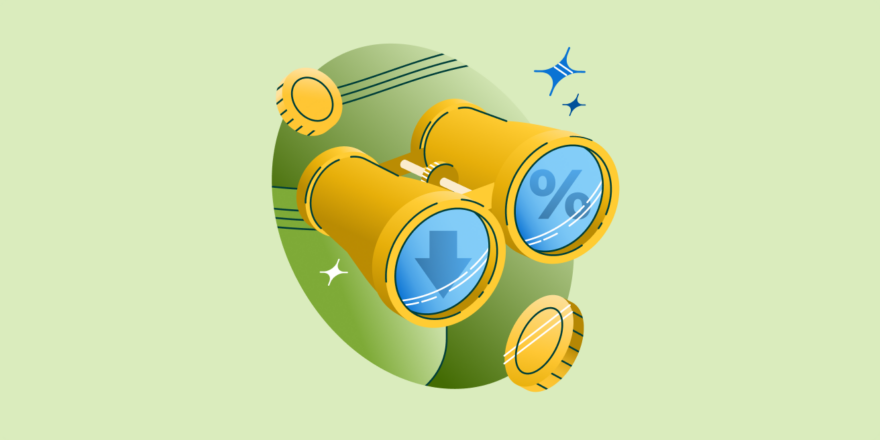
On September 18th, the Federal Reserve announced a 0.5% decrease in interest rates. But what does this mean, and how does it impact you? Let’s break it down.
What Are Federal Interest Rates?
Federal interest rates reflect the price of borrowing money. When you take out a loan or use a credit card, the bank or lender charges you extra money called “interest.” The amount of interest you pay is based on the interest rate. The Federal Reserve, also known as the Fed, decides what rates should be, and they can fluctuate depending on how the economy is doing.
How Does It Affect You?
If the Fed lowers interest rates, it becomes more affordable to borrow money. This means that if you want to take out a loan for something like a car or a house, or even just use a credit card, you might pay less in interest. On the other hand, if interest rates go up, borrowing money can become more expensive.
Why Would the Fed Lower Rates?
The Fed might lower rates if they think it will help the economy. Lower rates can encourage people to spend more money, which helps businesses grow. It’s like a boost to the economy, making it easier for people to buy things and companies to hire more workers.
What Can You Do?
If interest rates go down, it could be a good time to borrow money, refinance a loan, or pay off high-interest debt. But remember, it’s still important to think carefully about borrowing. Just because rates are low doesn’t mean you should take on debt you can’t handle.
Now is a good time to check your rate: Even if you’ve checked your rate before, it’s a good idea to check it again at Upstart.com. Interest rates change, and your options may have improved.
By keeping an eye on interest rates and checking your options, you can make the best choices for your financial situation.
Staying Ahead of the Curve
In times of economic change, being informed is your best tool. By understanding what the Fed’s rate cut could mean for your finances, you can make more informed decisions. If you’re considering refinancing, consolidating debt, or making a significant purchase, now is the time to start exploring your options.
And remember, while the broader economic landscape is important, your personal financial health and goals should always come first. Keep an eye on your credit score, budget wisely, and be ready to act when the right opportunity comes your way.







 Won't affect your credit score¹
Won't affect your credit score¹